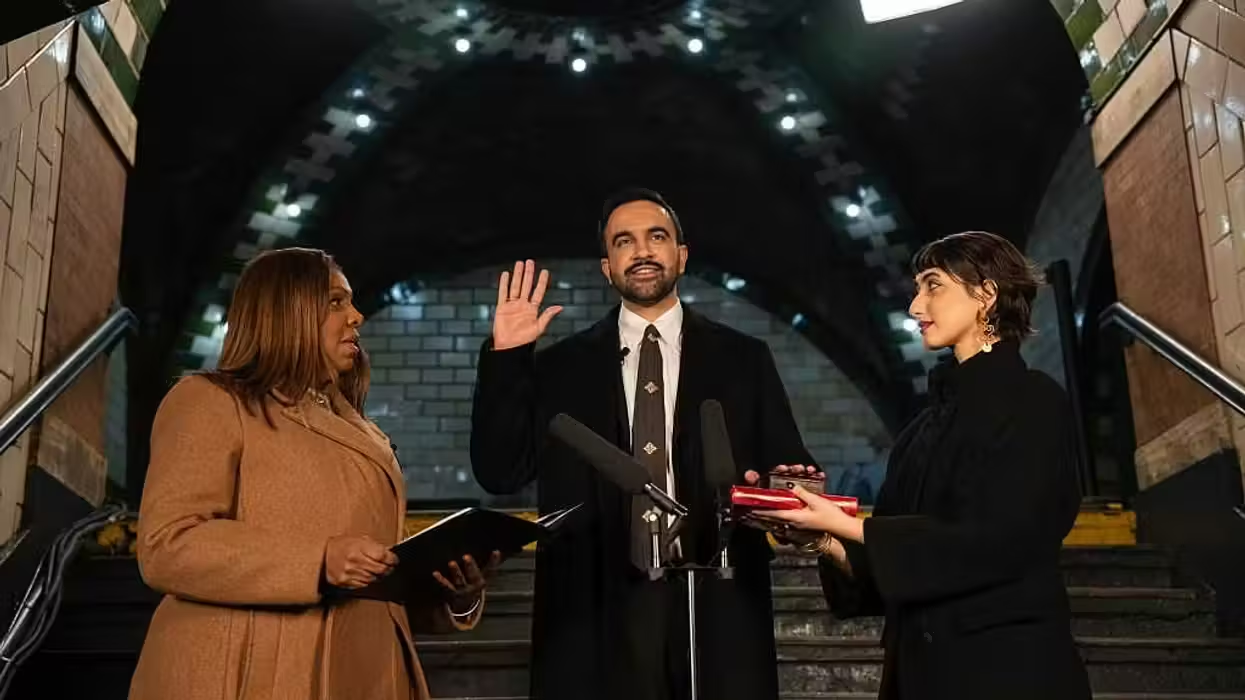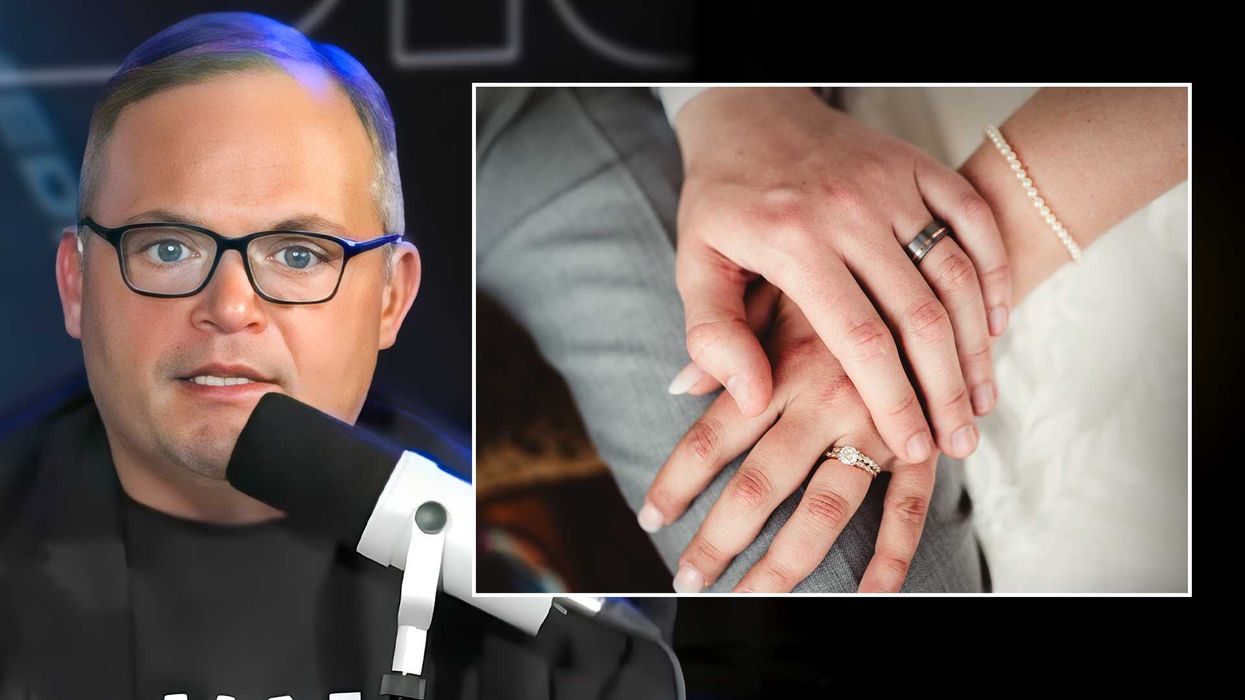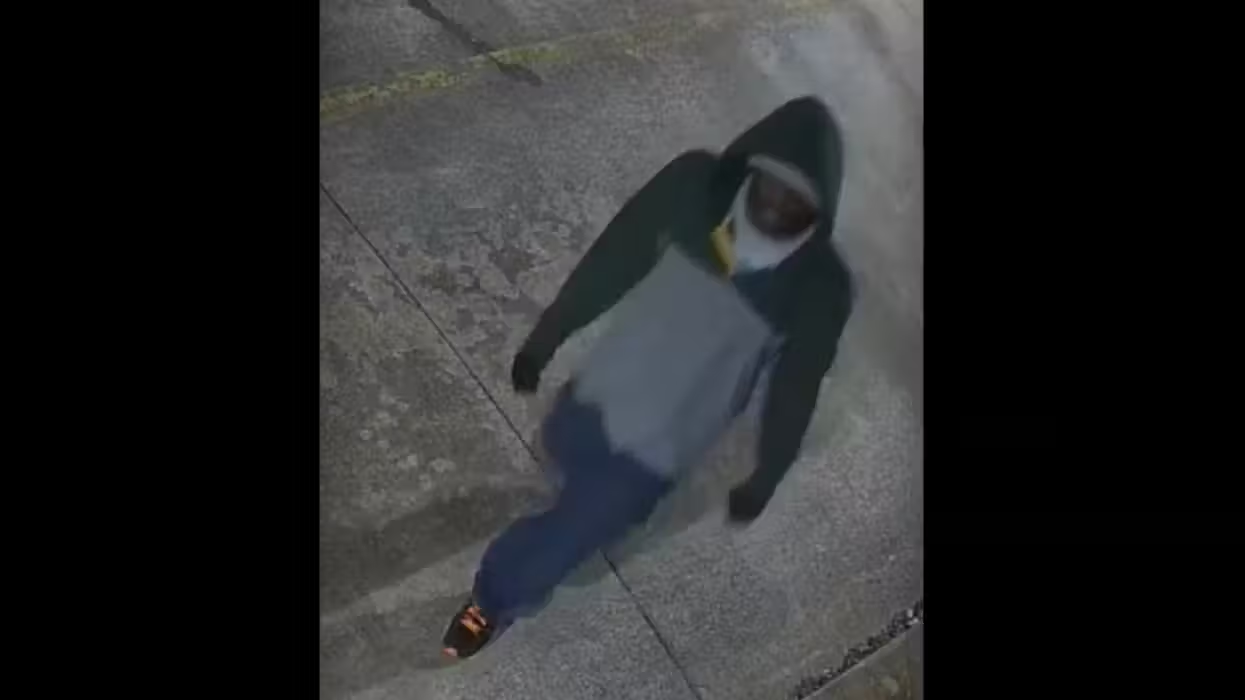House Oversight and Government Reform Committee Chairman Darrell Issa (R-Calif.) released a 37-page letter on Friday describing the State Department numerous efforts to dodge Congress's probe of the 2012 attack on the U.S. consulate in Benghazi, Libya.
"To be precise, the department has not provided a full and complete response to two subpoenas, nor has the department provided all documents responsive to many written requests," Issa wrote Friday. "Moreover, the department used numerous tactics to obstruct this investigation."
 House Oversight and Government Reform Committee Chairman Darrell Issa (R-Calif.) released a 37-page letter Friday detailing efforts by the State Department to avoid congressional questions about Benghazi. Alex Wong/Getty Images
House Oversight and Government Reform Committee Chairman Darrell Issa (R-Calif.) released a 37-page letter Friday detailing efforts by the State Department to avoid congressional questions about Benghazi. Alex Wong/Getty Images
Issa's letter was sent to Rep. Trey Gowdy (R-S.C.), who chairs the House Select Committee on Benghazi. Gowdy's committee has said it has begun its work investigating the attack and the Obama administration's response, even though it has yet to hold a public hearing.
"[T]he committee made numerous document requests and issued three subpoenas to the Department of State," Issa's letter said. "The department's response was woefully inadequate."
Among other things, the letter said State repeatedly refused to cooperate with requests for information, and kept important documents out of the hands of Congress while flooding it with thousands of pages of less useful information.
According to the letter, State in early 2013 was refusing to hand over documents to the committee, and was requiring that all documents be reviewed in private. But the letter said State was then forgetting to bring some.
"By this stage, the constant in camera reviews had become untenable," it said. "Indeed, the department failed to bring all tranches of documents because of a 'mix-up.' "
Committee staff who reviewed documents in a reading room were allowed to place these documents in a "lock bag" that was stored at the State Department each night. But State then insisted on reviewing what documents the committee was examining, and asked that it also have keys to this lock bag.
"A department employee emailed committee staff: 'As I mentioned, we won't be able to deliver documents until we receive the key to the satchel [in which] you have placed State Department documents,' " the letter said.
State's refusal to cooperate led Issa's committee to issue subpoenas against State. But the letter said State was still insisting that the committee notify it before making any documents public.
Issa's letter also cited State's "abusive" redaction of key documents, and says State tried to retroactively declassify documents to prevent their release.
"To mark a document with the lowest possible classification but the highest possible declassify date — 25 years — is highly unusual," the letter stated.
Read Issa's letter here:

 House Oversight and Government Reform Committee Chairman Darrell Issa (R-Calif.) released a 37-page letter Friday detailing efforts by the State Department to avoid congressional questions about Benghazi. Alex Wong/Getty Images
House Oversight and Government Reform Committee Chairman Darrell Issa (R-Calif.) released a 37-page letter Friday detailing efforts by the State Department to avoid congressional questions about Benghazi. Alex Wong/Getty Images






